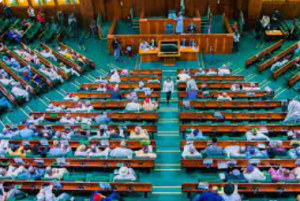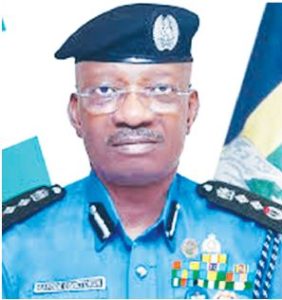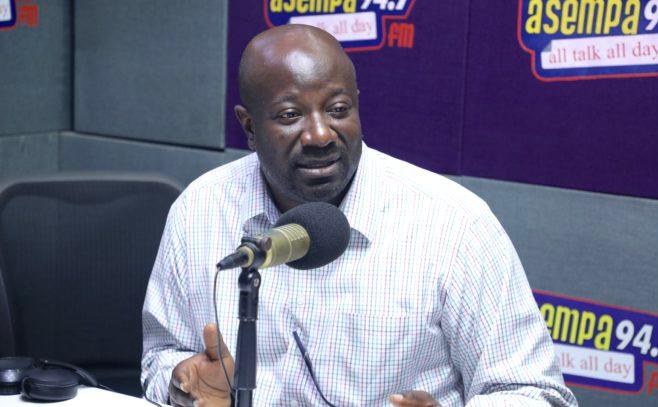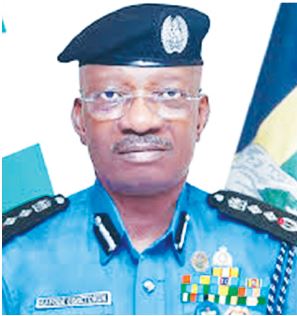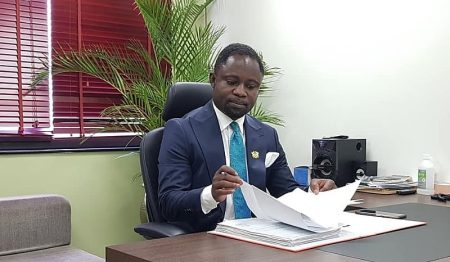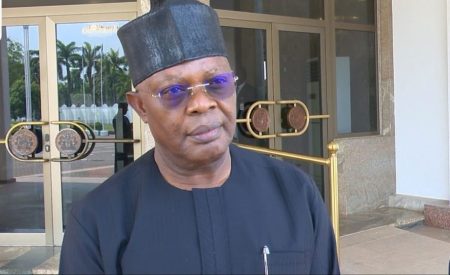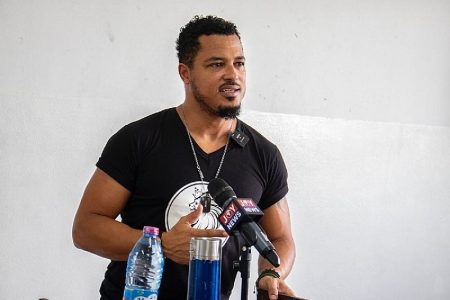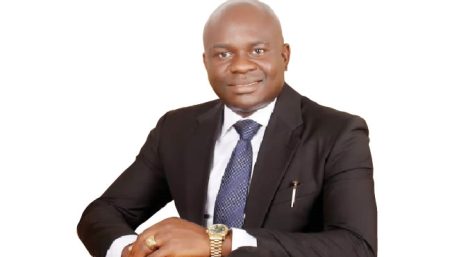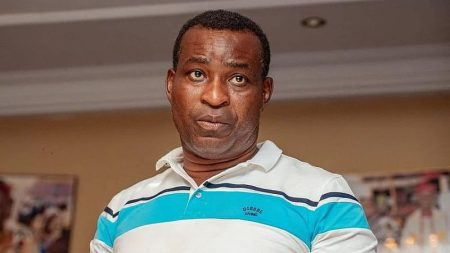The controversy surrounding the use of private jets by government officials in Ghana has ignited a heated debate, with accusations of hypocrisy and double standards being leveled against Samuel Okudzeto Ablakwa, the Member of Parliament for North Tongu and former Deputy Minister of Foreign Affairs. The crux of the matter stems from Ablakwa’s vehement criticism of former President Nana Addo Dankwa Akufo-Addo’s frequent use of private jets during his tenure, which Ablakwa condemned as extravagant and insensitive to the economic hardships faced by Ghanaians. He publicly vowed to resign if a future National Democratic Congress (NDC) government, the party to which he belongs, allowed such practices to continue. The situation took a dramatic turn when Vice President Naana Jane Opoku-Agyemang, a member of the current NDC administration, returned from medical treatment abroad on a privately chartered jet, prompting calls for Ablakwa to make good on his promise.
Dr. Dickson Adomako Kissi, a former Member of Parliament, has emerged as a prominent voice in this debate, demanding an apology from Ablakwa to former President Akufo-Addo. Kissi argues that Ablakwa’s previous criticisms now appear hypocritical in light of the Vice President’s use of a private jet. He believes that Ablakwa should acknowledge his double standards and publicly apologize to Akufo-Addo for the harsh criticism he leveled against him. While Kissi stops short of demanding Ablakwa’s resignation, he insists on a public acknowledgement of the apparent inconsistency in his stance. This demand underscores the sensitive nature of the issue, particularly in the context of Ghana’s political landscape, where public perception and accountability are increasingly important.
The controversy raises fundamental questions about the responsible use of public funds, especially in a nation facing economic challenges. Ablakwa’s earlier pronouncements painted a picture of a principled stance against what he perceived as fiscal irresponsibility. However, the current situation has placed him in a difficult position, forcing him to reconcile his previous criticisms with the actions of his own party’s administration. The public scrutiny surrounding this issue highlights the growing demand for transparency and accountability from elected officials. It also raises questions about the circumstances under which the use of private jets can be justified, even in cases of medical necessity or other emergencies.
The demand for an apology from Ablakwa is not merely about political point-scoring. It reflects a broader concern about the erosion of public trust in politicians and the need for consistency in their words and actions. Dr. Kissi’s call for an apology serves as a reminder that public pronouncements carry weight and should not be made lightly, especially when they involve accusations of impropriety against political opponents. The situation also underscores the importance of nuanced discussions around complex issues like the use of public funds, avoiding simplistic pronouncements that may later prove difficult to uphold.
This incident also sheds light on the evolving political dynamics within Ghana. The public’s reaction to the Vice President’s use of a private jet, coupled with the calls for Ablakwa’s apology, demonstrates a growing intolerance for perceived hypocrisy among political leaders. The increasing use of social media and other platforms for public discourse has amplified the voices of ordinary citizens, making it more difficult for politicians to escape scrutiny. This incident may well serve as a cautionary tale for politicians, emphasizing the need for careful consideration of their public statements and the potential consequences of perceived inconsistencies.
In conclusion, the controversy surrounding the use of private jets by government officials in Ghana has brought to the forefront important questions about accountability, transparency, and the responsible use of public funds. The demand for an apology from Ablakwa by Dr. Kissi reflects a broader public sentiment demanding consistency and integrity from political leaders. This incident serves as a reminder that words have consequences, and public pronouncements should be made with careful consideration of their potential impact. The evolving political landscape in Ghana, characterized by increased public scrutiny and demand for accountability, makes it crucial for politicians to maintain consistency between their words and actions, fostering trust and upholding the principles of good governance.


